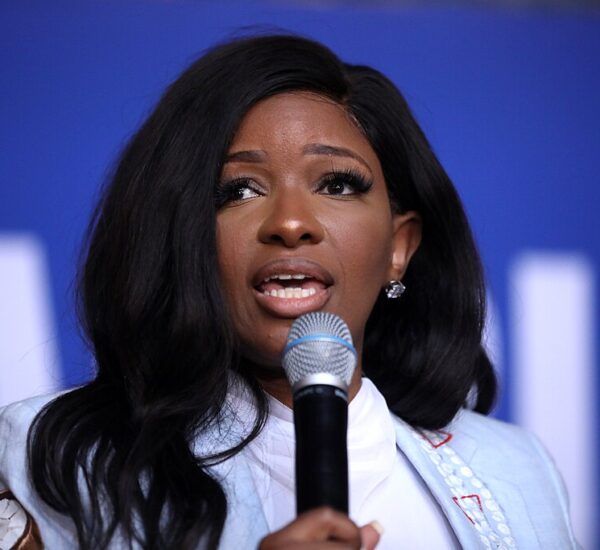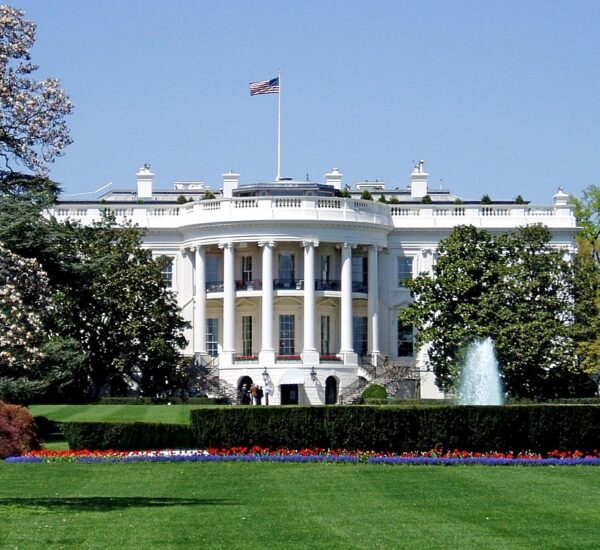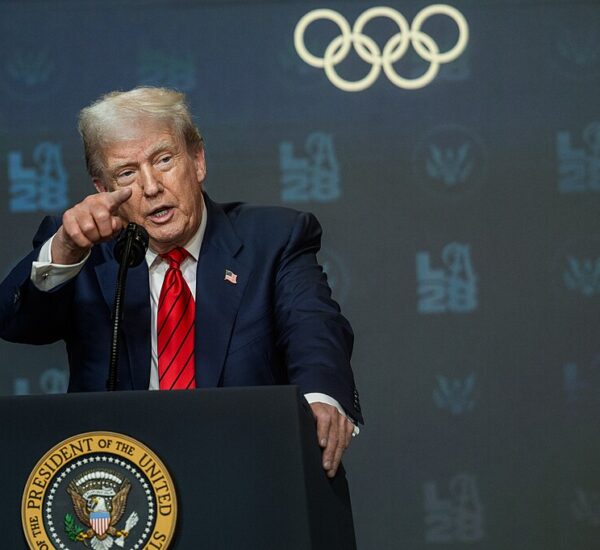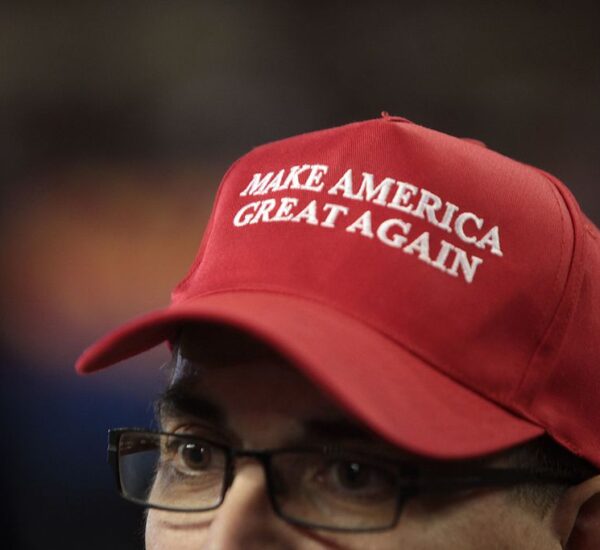Trump’s DOGE Issues Another Warning
Last Friday, federal employees began receiving a second round of emails requesting that they summarize their weekly activities in bullet points, as part of the Department of Government Efficiency’s (DOGE) ongoing push to streamline and reduce the size of the government workforce.
These emails, sent late Friday evening with the subject line “What did you do last week? Part II,” are from the same email address, “hr@opm.gov,” that issued the first wave of similar requests. The new batch of emails raised further concerns among federal workers and received criticism from Republican lawmakers, especially after the initial wave sparked confusion and resistance.
The message in these emails is clear: employees are asked to reply with about five bullet points outlining their accomplishments over the past week and to copy their manager on the response. The deadline for submission is set for 11:59 p.m. EST each Monday, suggesting that this practice may continue on a regular basis as part of the Trump administration’s efforts to cut waste and improve efficiency within the federal government.
One critical instruction in the emails emphasizes that responses should not include links, attachments, or any classified information. If an employee’s work is entirely classified, they are instructed to simply state, “All of my activities are sensitive.”
The practice of tracking federal employees’ weekly activities was inspired by tech mogul Elon Musk, who advocated for similar measures. While some agency heads, such as FBI Director Kash Patel and Director of National Intelligence Tulsi Gabbard, advised their staff to ignore the emails, other departments, including the Interior Department, have mandated a response.
Despite mixed reactions, including a lawsuit filed by federal workers to block the program, the Office of Personnel Management (OPM) clarified that the responses are voluntary and that individual agencies could decide whether to enforce the policy. President Trump has been a strong supporter of the initiative, framing it as part of his broader mission to reduce government spending and hold public servants accountable. As he explained, “We have a mandate to do this, and this is part of the reason I got elected.”







Zelensky just wants more US tax dollars that he and his governmental buddies can fill thier offshore accounts and vacation in Monaco on their million dollar yachts. Zelensky is the one who refused the agreement with Russia about their pipeline and quite possibly are the ones who blew it up. Ukranie during
WWII were quizzlings for Hitler, just like half the French But Demonacrats still listen to the crapola the DNC (the modern American Communiust Party) headliners spout daily.